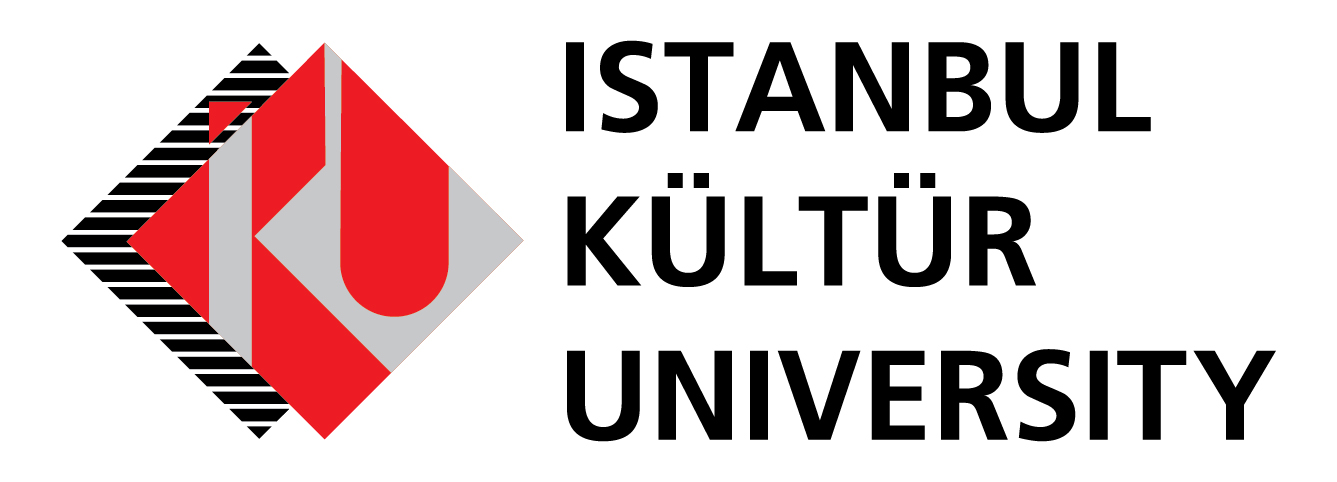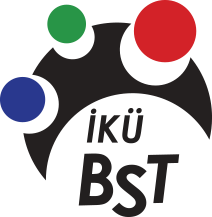Established under Law No. 4281 on July 15, 1997, Istanbul Kültür University admitted its first students to the Department of Civil Engineering within the Faculty of Engineering and Architecture under the leadership of Prof. Dr. Hasan KARATAŞ in the 1997–1998 academic year. Initially located in the Main Building of the Şirinevler Campus in 1997, the department has been continuing its education at the Ataköy Campus since 2004 due to the increasing number of students.
Our Department of Civil Engineering aims to educate qualified civil engineers who are socially responsible, capable of lifelong learning and professional development, and who can achieve success both nationally and internationally in their careers. Offering undergraduate, master’s, and doctoral programs, the department ranks among the respected civil engineering departments at both national and international levels.
Our undergraduate program, which is taught in English, aims to provide students with a comprehensive understanding of contemporary construction techniques and technological advancements. The department awarded its first undergraduate degrees in 2001, and since then, the number of graduates has exceeded 1,870. Our alumni are employed by national and international companies as well as various public institutions and are among the most sought-after professionals in the sector.
In addition to undergraduate education, the Civil Engineering Department has been offering graduate programs since 2001, including four (4) PhD programs, five (5) thesis-based master's programs, and five (5) non-thesis master's programs.
Our undergraduate program has been monitored by the Association for Evaluation and Accreditation of Engineering Programs (MÜDEK) since 2012 for potential accreditation. The program continuously benefits from the evaluation of learning outcomes and educational objectives required by MÜDEK. As part of this ongoing assessment, satisfaction surveys are conducted with students, graduates, and employers; advisory board meetings and surveys are held; and based on the data collected, program and course changes are implemented when necessary. This process aims to better meet the learning needs of students and to align the program with current industry demands for highly capable graduates.


